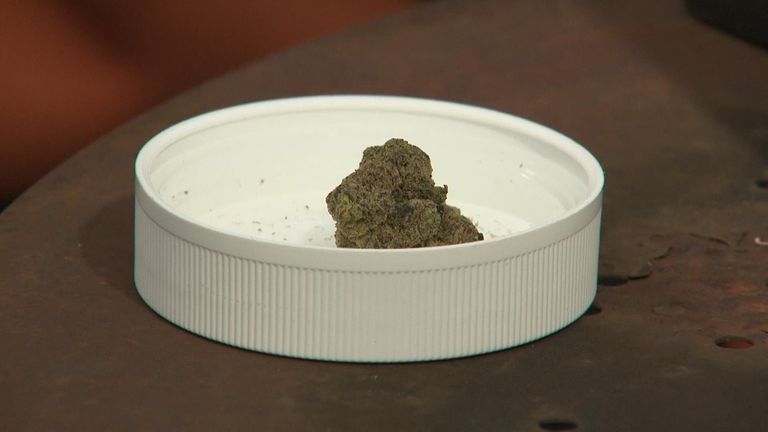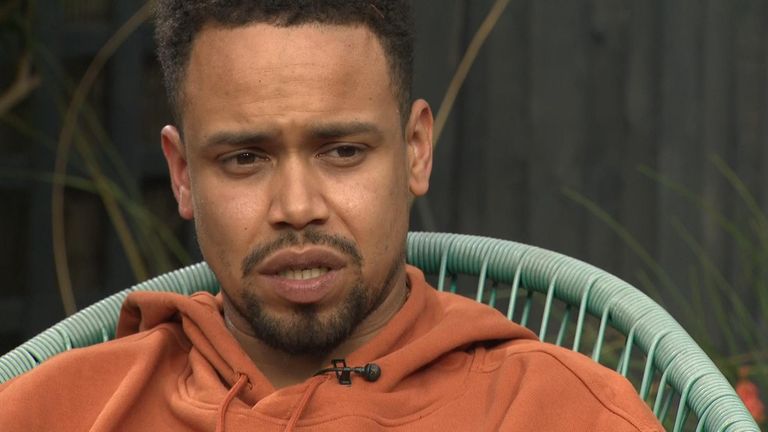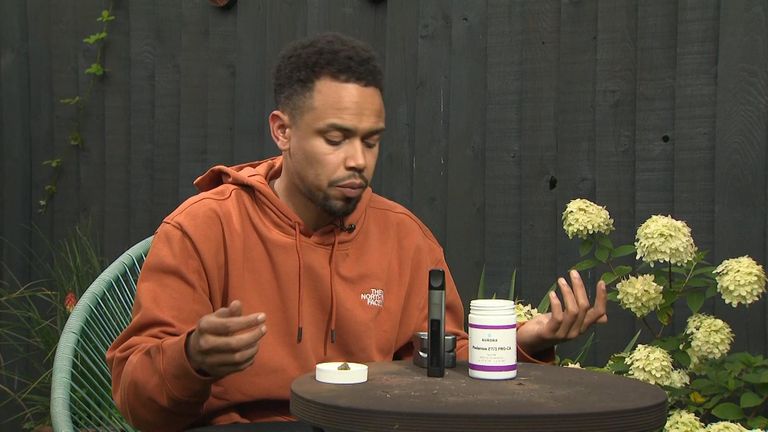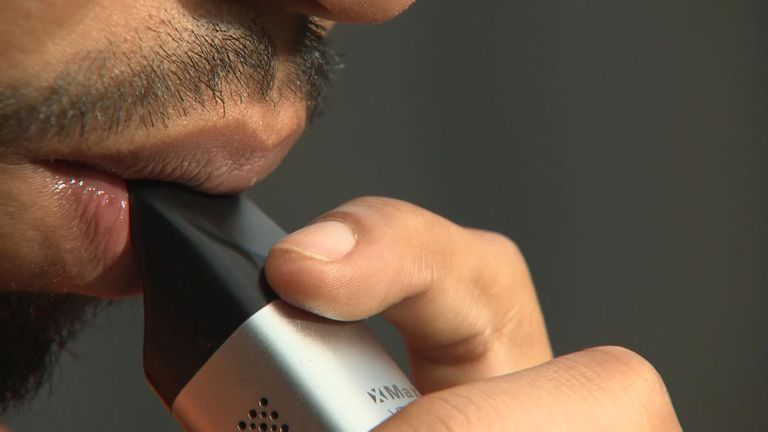
Lack of access to ADHD treatment and support from the NHS is driving people to self-medicate using illegal cannabis, a charity has claimed.
People are opting for “private” options or self-medicating “because when you’re deprived by the NHS of good choices, you make bad choices,” Henry Shelford, chief executive of ADHD UK said.
Mr Shelford – who has the neurological condition himself – said: “The options of formal medication are years away … and you need to survive in that time.
“It’s supposed to be a target of 18 weeks! It is laughable – people are waiting years.”
The lengthy appointment waits – sometimes up to five years – are in part due to the sharp rise in referrals.
The ADHD Foundation report a 400% increase in the number of adults seeking a diagnosis since 2020.
Main symptoms include persistent difficulties with maintaining attention, hyperactivity and managing impulses.
According to ADHD UK, 2.6 million people in the UK have diagnosed ADHD.
An additional two million people are thought to be living with the condition – without a diagnosis – due to mistreatment and misdiagnosis by medical professionals.
Kris Witham was diagnosed with ADHD as a 29-year-old.
Upon diagnosis, he tried four traditional treatment methods – Ritalin, Elvanse, Melatonin and talking therapy.
None proved to be as effective as he hoped.
‘Life-changing’ impact of smoking cannabis
Unwittingly, Kris had been self-medicating for just under 15 years, prior to his diagnosis.
He was smoking cannabis illegally since age 15 – and said the subsequent impact on his condition was “life-changing”.
Now aged 30 and with an official diagnosis, Kris says he regularly consumes medical cannabis to help manage his symptoms, which at times can be “debilitating”.
He always carries his cannabis with him – and keeps a doctor’s note alongside it.
In 2018, specialist doctors were given the option to legally issue prescriptions for cannabis-based medicines – if they thought their patients could benefit from it.
Kris’ prescription includes tailored strands of cannabis flower imported from Canada, which he grinds and heats up in a vaporiser three times a day.
“Cannabis has always been stigmatised. I always thought I was doing something wrong … which I was in terms of the law, but morally and medically, not so much,” he said.
“I’d use cannabis and clean my house … do my schoolwork. It stopped me shouting out in class; it helped me sit still; it helped me sleep, focus and relax.
“I’d never had the ability to do that before.”
Read more:
Rise in people using cannabis to treat health conditions
Medical cannabis company Hilltop Leaf secures £2m investment
Patient forced to fund ADHD diagnosis via credit card
Plugging a gap in the NHS
Jon Robson, founder of medical cannabis business MaMedica which supplies Kris, told Sky News that businesses like his are “plugging a gap” the NHS is failing to provide – a “last resort” for those who are simply desperate for relief.
“What we’ve seen is an increase in demand from patients who suffer from psychiatry conditions, who are feeding back that the medication we’re prescribing is helping them come off traditional medications – which sometimes can cause side effects,” he said.
“[Cannabis] is aiding them in living a more normal life.”
A government spokesperson said: “We know how vital it is to have timely diagnoses for ADHD, and we are committed to improving access to treatment and support following a diagnosis.
“The NHS Long Term Plan commits an additional £2.3bn a year for the expansion and transformation of mental health services in England by March 2024 so that an additional two million people can get the NHS-funded mental health support that they need.
“While specialist clinicians can prescribe cannabis-based products for medicinal use, cannabis does remain controlled under Class B of the Misuse of Drugs Act.”















